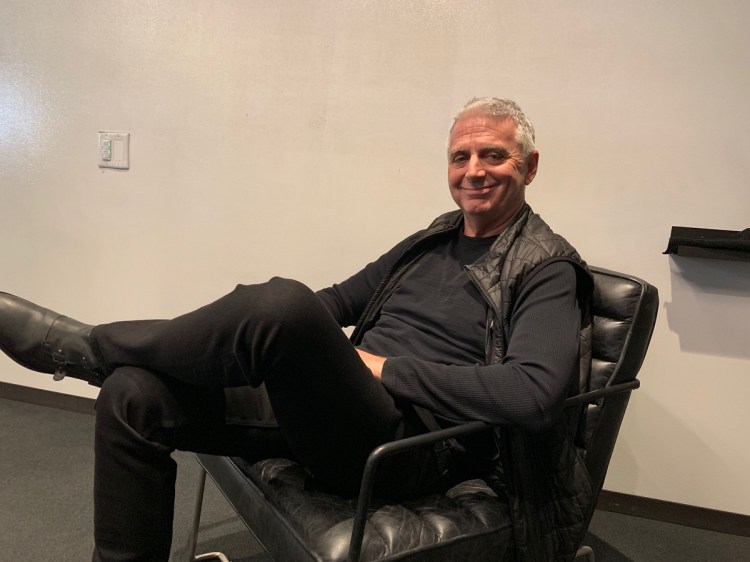GamesBeat: Like anybody, they’re figuring out where they can do things to benefit the industry and where they can benefit themselves as well.
Riccitiello: Yeah. I think the way the world works — this is what I want to focus on. We’re investing in foundation layers for AR/VR content creation and AR/VR on a data-oriented technology approach that’s different from anyone else. It’ll be more performant in how to optimize individual cores in a way that most developers will never get to. To try to invest in scriptable rendering solutions for both the high end and low end that enable people to have the custom outcomes they want. To invest in AI solutions for content creation, so that developers will not have to do laborious things over and over again when they’re creating algorithms and art for fire and forests and terrain and people.
To invest in other show things like digital humans running on $20,000 worth of hardware–we do it, it runs on a Macbook Air. The point of that is, we’ve always been good at supporting devices that are in the math of the marketplace, with the highest-end performance. Maybe not quite as high as the other guys, but we’re getting to the point the other guys are getting to. You don’t want to go for digital humans, photorealism, and give up 90 percent of your market, because it won’t run on traditional consumer hardware, or at least broadly-distributed consumer hardware. That’s where we choose to invest our money, and then let the developer take advantage of that.
I used to be a content creator too, for many years. It never worked to take a bribe from a platform company not to support the other platform, although that’s what they tried to do lots of times.
June 5th: The AI Audit in NYC
Join us next week in NYC to engage with top executive leaders, delving into strategies for auditing AI models to ensure fairness, optimal performance, and ethical compliance across diverse organizations. Secure your attendance for this exclusive invite-only event.

Above: Phil Harrison shows the Stadia controller.
GamesBeat: Like this rumor that Sony wants to buy Take-Two. It might make sense, but it doesn’t make sense. [Most likely it does not make sense because you give up two-thirds of the revenue if you make it exclusive to Sony].
Riccitiello: Platform companies would give us an incentive not to support the other platform. What I learned in my time as a game publisher is that if I could support both platforms, it was better for my audience and better for my balance sheet and income statement to sell on both and get paid that way, as opposed to a bribe to do something that doesn’t make sense.
But in this industry, not everyone is liquid. Not everyone has cash. Some people will take a lesser long-term view in order to take the money in the near term. I understand that.
GamesBeat: Do you think you guys are the target, or is Valve?
Riccitiello: I don’t want to focus on Valve or the retail side. I’m just pointing out that–
GamesBeat: The exclusivity part. Maybe they’re just trying to get that for the ability to do some damage to Valve.
Riccitiello: Yeah, and good luck with that. But again, I want to come back–it sounds like you should interview Tim and Gabe for that conversation. You’ve known me a long time. Go back and remember Unity from two, three, four years ago. It wasn’t a legitimate conversation. Four years ago we were easier to use and had more customers, but there was no belief anywhere that we’d actually catch up or pass on performance. I think that’s breathtaking. I’m awfully proud of the engineers here that did that. That’s what we’re really about, the product people and the engineering people that are delivering something.
In the middle of all that there’s a lot of noise that seems like it’s going to eventually go away. What will be left is fundamentally whether the tech stands on its own. Ours does. Does the solution that Google is bringing to market work? They believe it does. I think there’s a lot of cool stuff there. We’re going to play that out. Microsoft has its own streaming solution, and they have hardware on the other end that’s different from Google’s. Which is the better idea? All those things have to play out.

